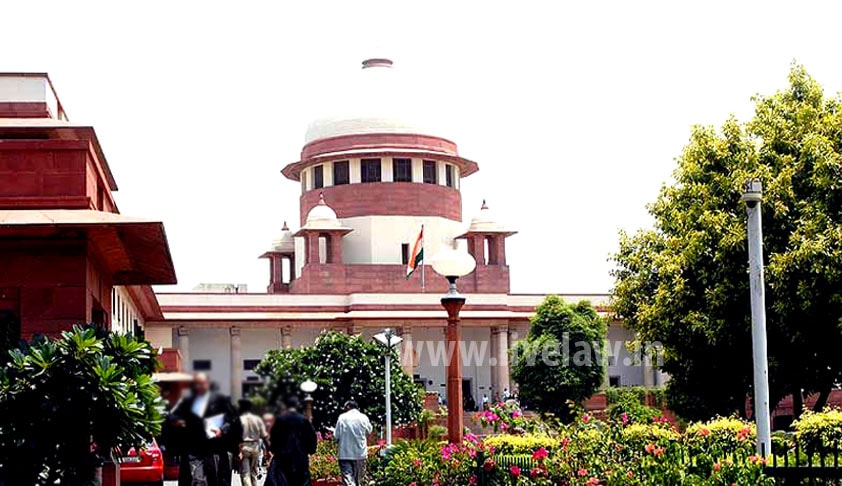Is Seeking Vote In Name Of Religion “Corrupt” Practice? SC 7-Judge Bench Begins Hearing
LIVELAW NEWS NETWORK
18 Oct 2016 11:32 AM IST

Next Story
18 Oct 2016 11:32 AM IST
In the famous verdict which was later known as “hindutva judgment”, apex court's three-judge bench in 1995 had held that Hindutva/Hinduism is a way of life of the people in the sub-continent and “is a state of mind."A seven-judge Bench of the Supreme Court headed by Chief Justice T S Thakur today began a crucial hearing for an authoritative ruling on the interpretation of Section 123 (3)...
